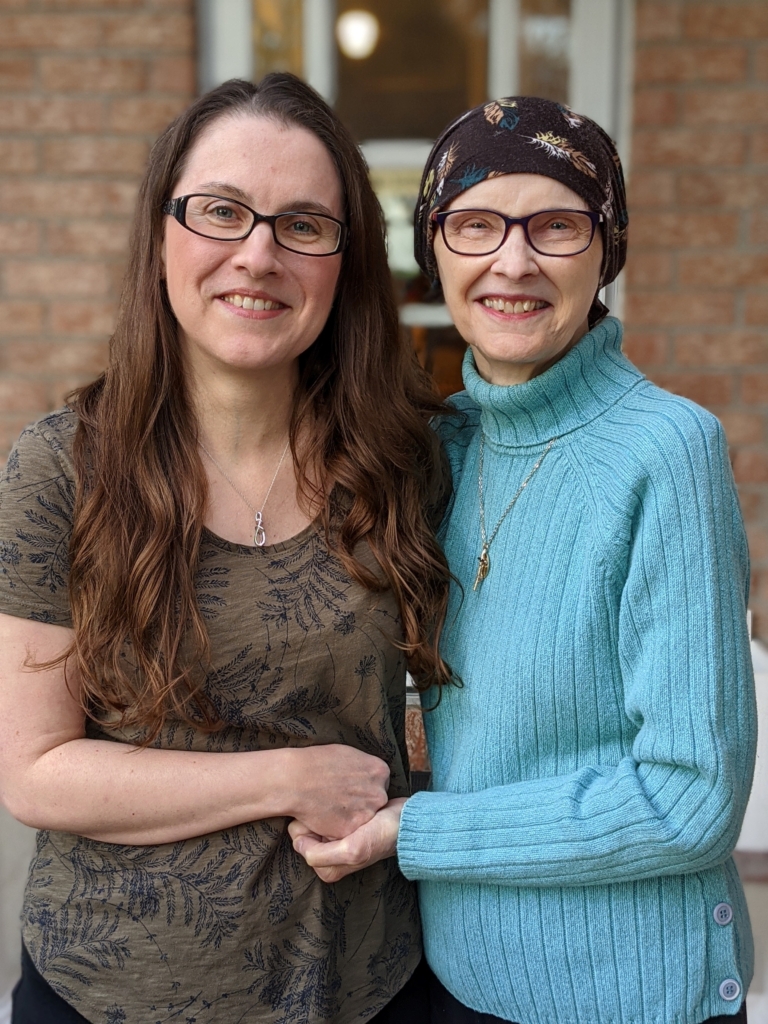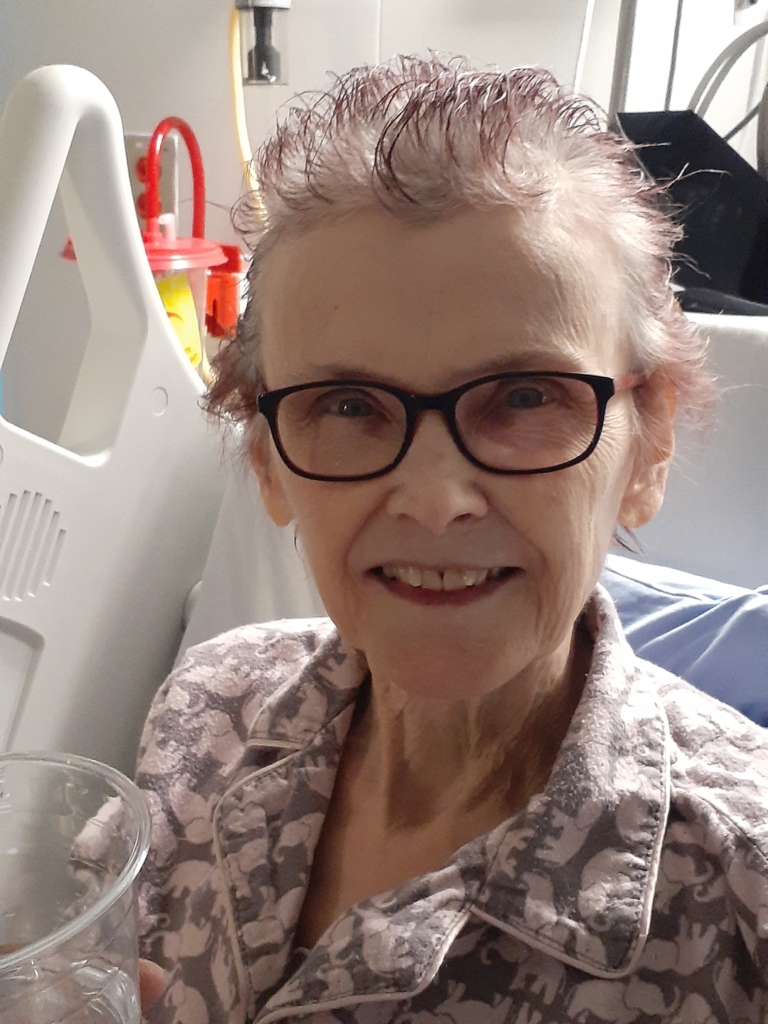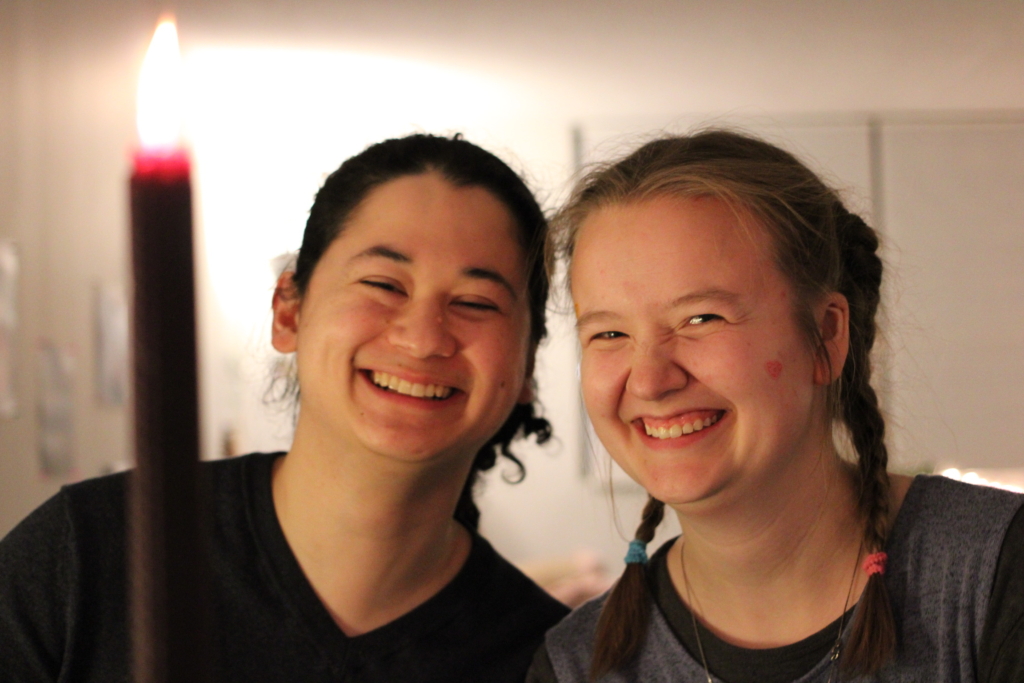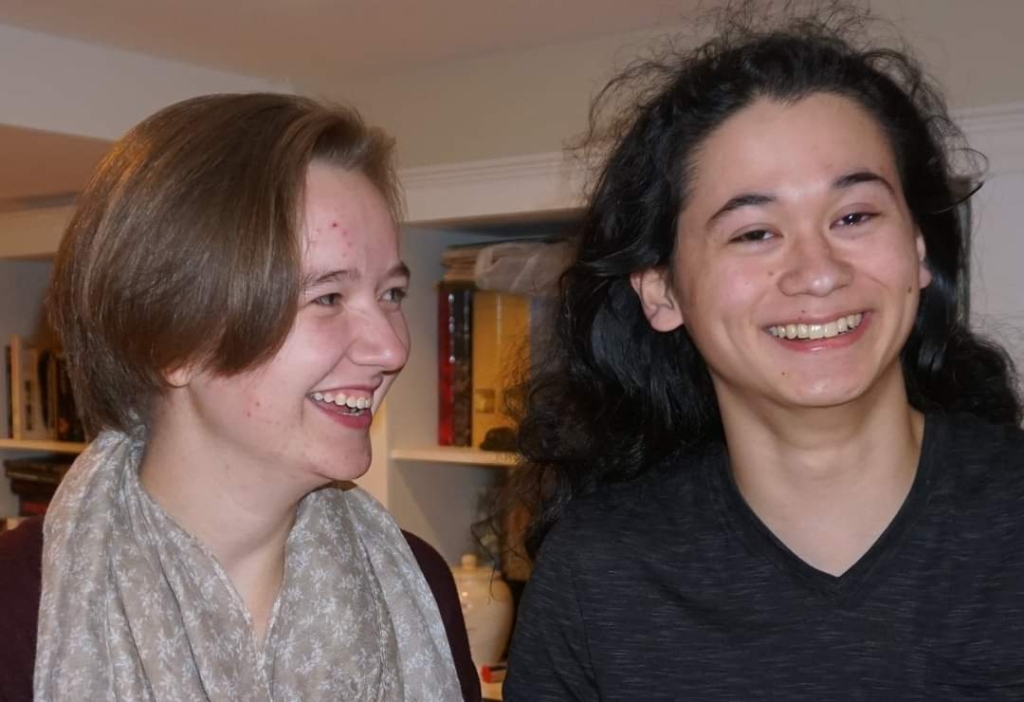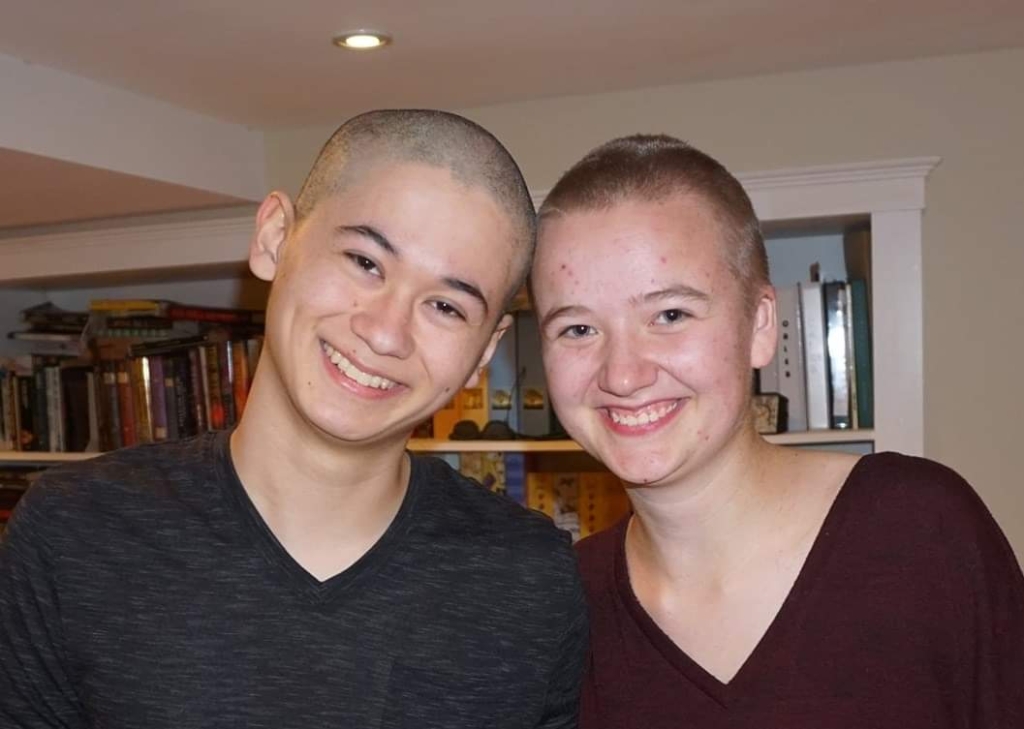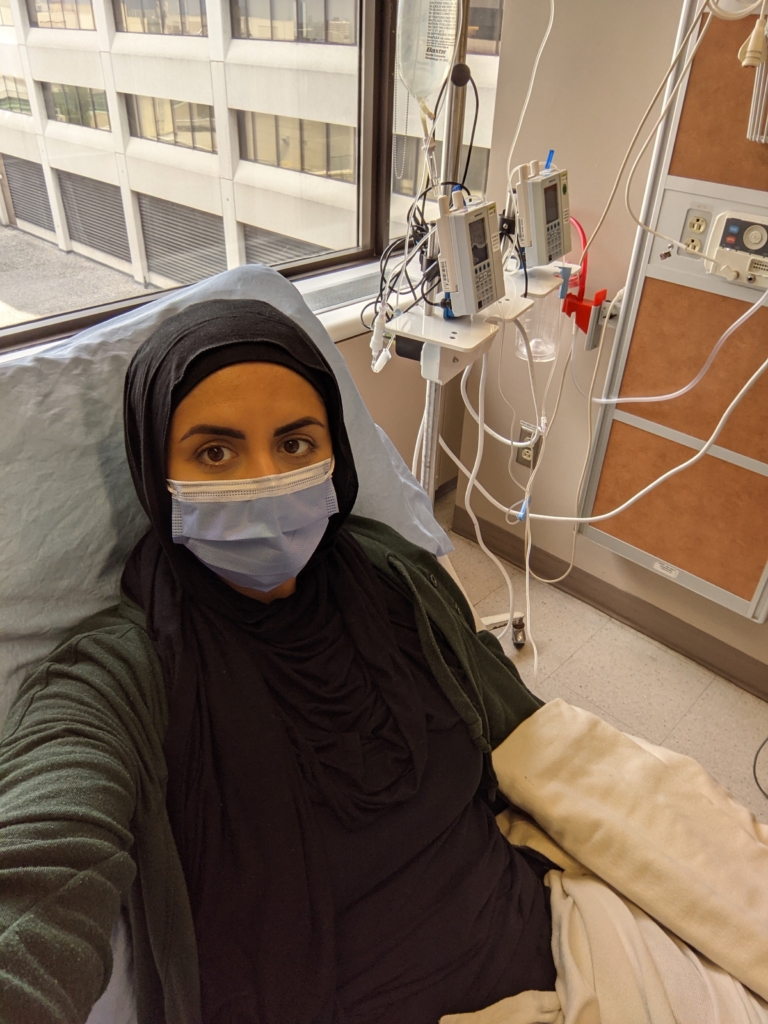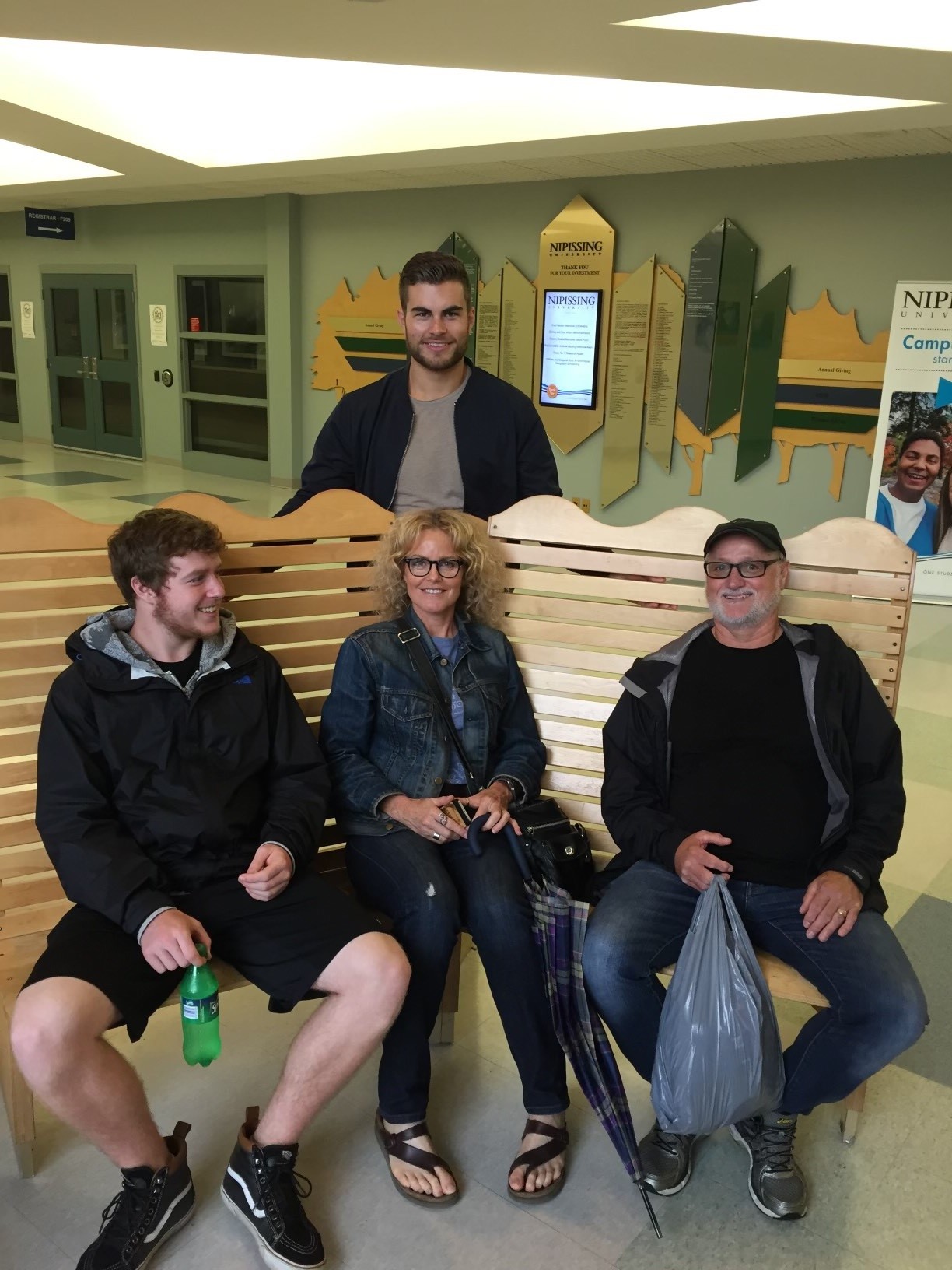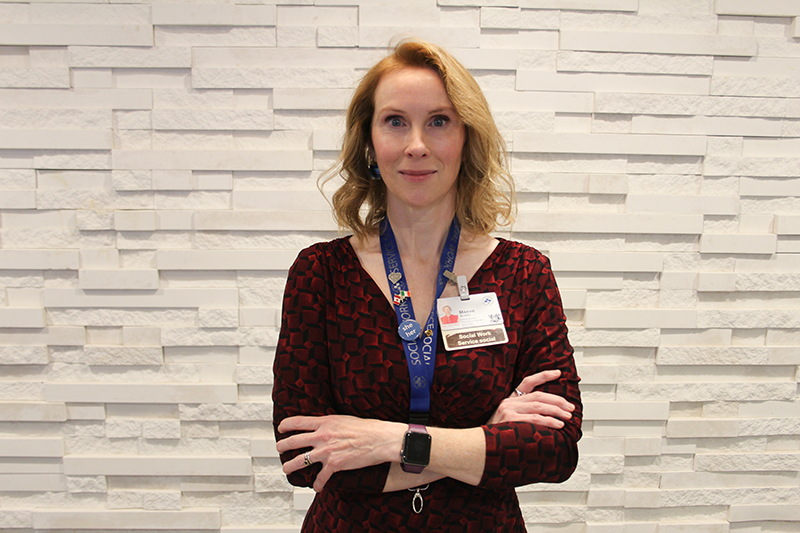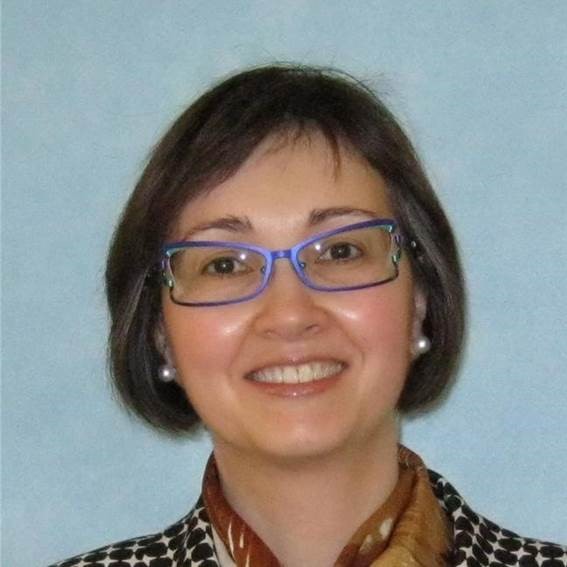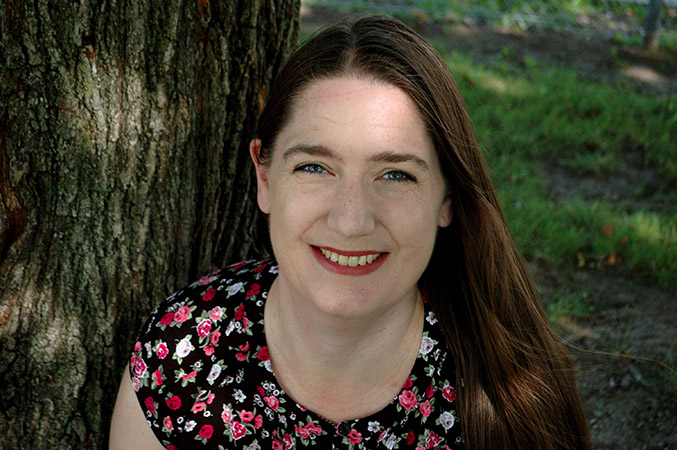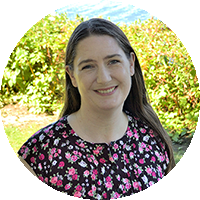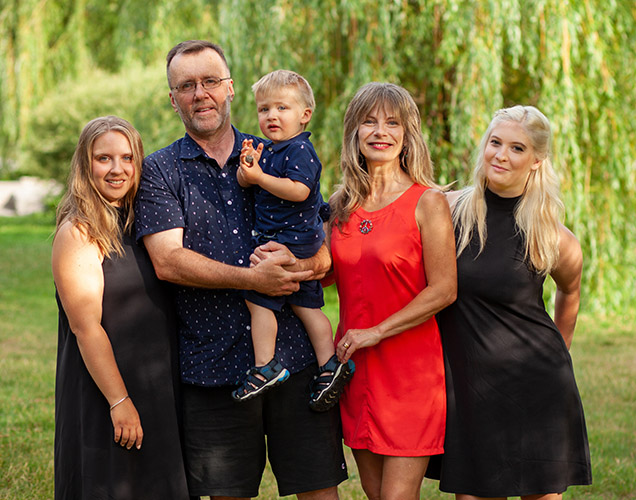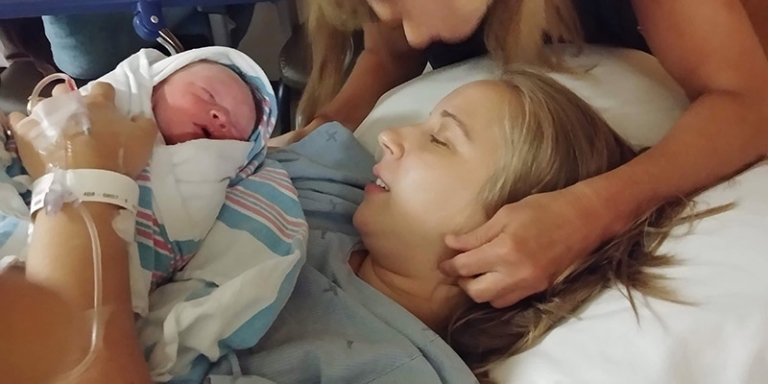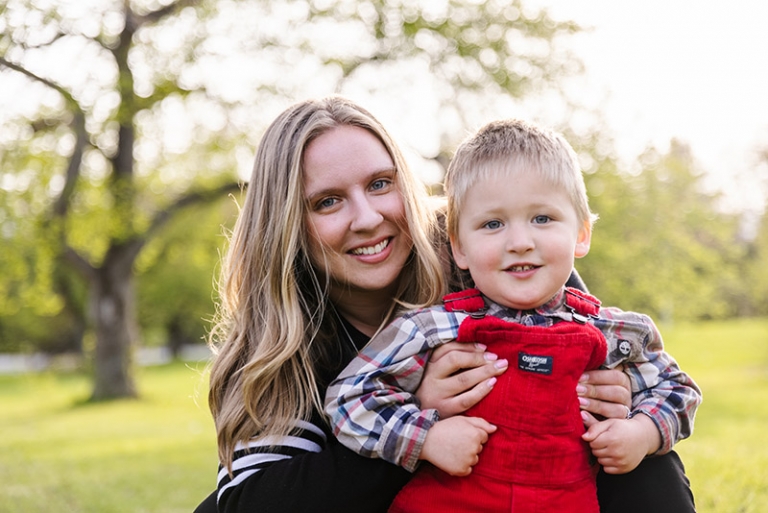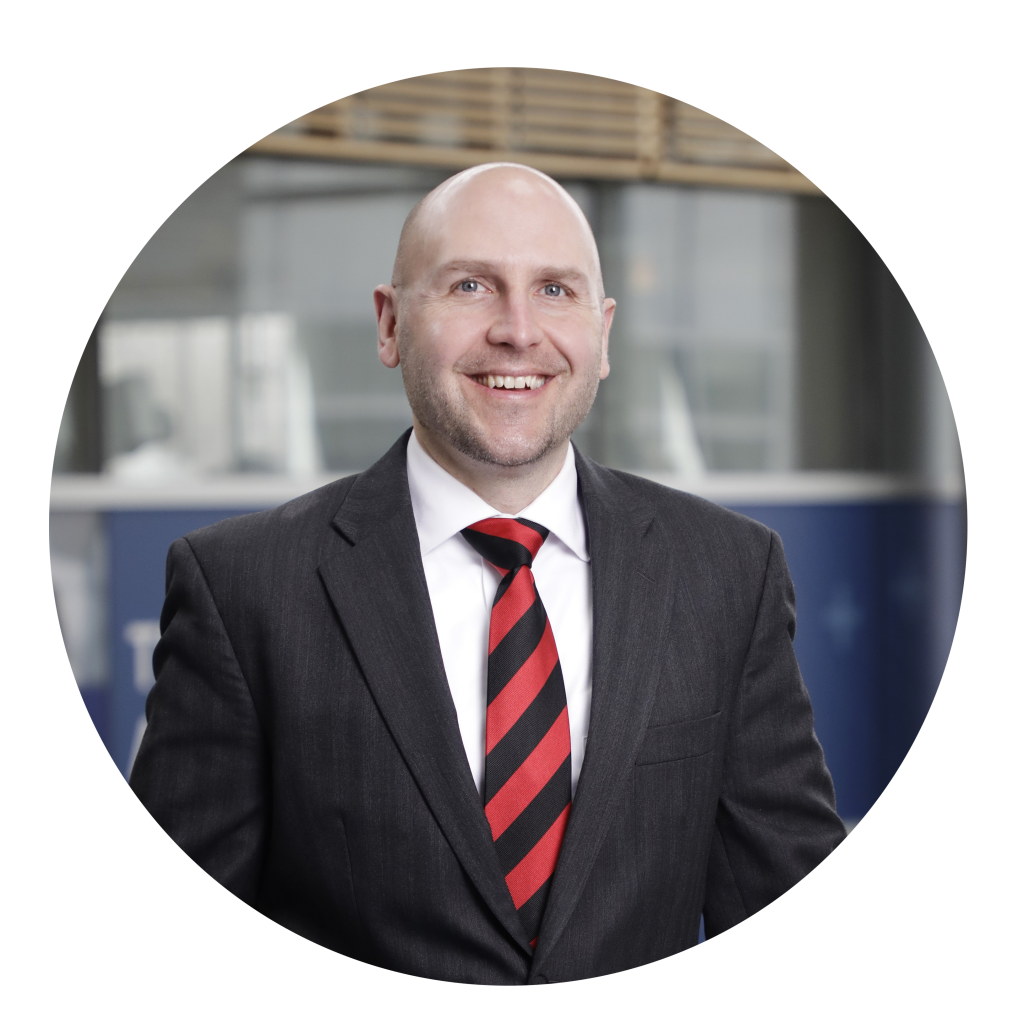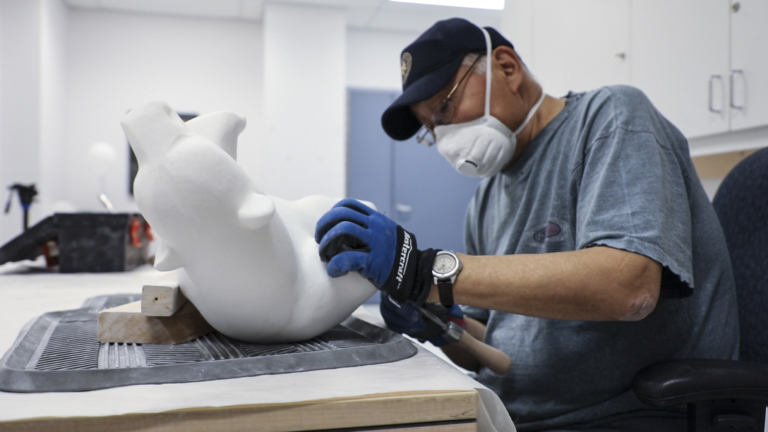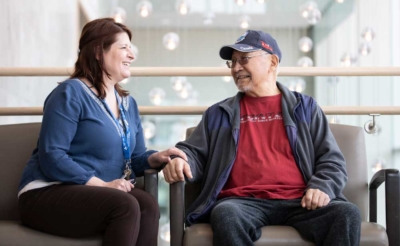Mental health resources are available at the bottom of the page.
Published: January 2025
Always an active person, Kumar Visvanatha started to notice a concerning change in his habits in 2020. Now retired from the high-tech industry, he often spent time cycling, travelling to Colorado to hike, or flying, as he was a licensed pilot. However, with the arrival of the pandemic, like so many others, he was often isolated from doing the activities he loved, and this started to have a significant impact on his wellbeing.
“This is when I started feeling anxious, down, and lower energy. I thought there was something physically wrong with me. I never thought about depression.”
— Kumar Visvanatha
Little did he know, this downward spiral would continue, and in 2022, the situation was exacerbated when Kumar started to have back pain, which eventually became a chronic issue, and his quality of life became progressively worse. Without a family doctor, he bounced between physicians at walk-in clinics, but he wasn’t getting any answers or relief.

“This is when I started feeling anxious, down, and lower energy. I thought there was something physically wrong with me. I never thought about depression,” says Kumar.
Eventually, Kumar no longer recognized himself, so he turned to the mental health team at The Ottawa Hospital for help.
A downward spiral into depression
After several tests, Kumar learned there was nothing physically wrong with him, but he continued to see his quality of life decline. By the summer of 2023, this normally active and engaged man found himself in a place he’d never been. “I didn’t recognize the person I had become. When I looked in the mirror, I didn’t know who I was,” shares Kumar.
“I didn’t feel like I had any hope.”
— Kumar Visvanatha
His energy levels were low, he couldn’t sleep, he didn’t want to do anything — as he describes it, he would “mope around the house.” Kumar also didn’t go out to social events because he didn’t understand what was happening to him or how to explain it to others who were used to him being active and social. Kumar felt completely isolated. “I didn’t feel like I had any hope.”
That’s when his partner insisted on bringing him to the Emergency Department at The Ottawa Hospital’s Civic Campus in July 2023, and he first met Dr. Andrew Greene, a psychiatrist at our hospital. “He’d essentially hit his rock bottom. He was feeling like he’d never be himself again,” explains Dr. Greene.
Seeking help for depression at The Ottawa Hospital
This wasn’t Kumar’s first introduction to The Ottawa Hospital, but this time was under very different circumstances. Before retirement, Kumar worked at JDS Uniphase, where the team rallied to raise $15 million for the Critical Care Unit at the General Campus — which is now named the JDS Uniphase Employee Legacy Critical Care Wing. Kumar had no idea that one day, he would be on the receiving end of critical mental health care at The Ottawa Hospital.
Thankfully, the Mental Health program provides early diagnosis and treatment of severe mental illness. With two psychiatric emergency services and 96 acute in-patient beds, our hospital is often the first place those experiencing a mental health crisis in our city will turn to for help. Beyond that, we operate three regional programs that treat patients with first episode psychosis, eating disorders, perinatal mental health, as well as a mobile crisis team in our community. The Mental Health program is also a leader in research, which brings innovative new therapies to patients.
The challenge with depression is it pushes people to do and think the exact opposite of what’s needed to get better. It pushes people to isolate themselves, stop going outside and doing activities.
— Dr. Andrew Greene
One of the first observations Dr. Greene made was that Kumar was self-aware of what was happening and wanted to get better, but he needed help to ensure things were going to change. He was diagnosed with major depressive disorder — a mental health condition in which someone is feeling very low and not able to enjoy things the way they normally would over a prolonged period.
“It’s very persistent. Typically, we’re talking about this going on for months or sometimes even years. The challenge with depression is it pushes people to do and think the exact opposite of what’s needed to get better,” says Dr. Greene. “It pushes people to isolate themselves, stop going outside and doing activities. That tends to make it progressively worse.”
After an assessment in the Emergency Department, Kumar was sent home with medication and a plan to attend the transitional skills program.
Transitional Skills Program offers solutions
Kumar agreed to participate in the half-day hospital program, called the Transitional Skills Program, where the patient participates four days a week and focuses on cognitive behavioral therapy.
“We’re helping people address the way they’re thinking about things,” explains Dr. Greene. “In some cases, perhaps in a negative way or ruminating with very dark thoughts, and how that’s affecting their mood. We also look at how their behaviours — things they’re doing or not doing — are impacting their mood.”
Kumar credits the program with having a significant impact on his recovery. “Among the various topics taught in the course, I really resonated with mindfulness, self-compassion, and cognitive behavioural therapy, and I use these skills regularly today.”

“It happened gradually. I started to have more energy, and then I found myself walking and cycling again."
— Kumar Visvanatha
He also credits other aspects of the program, including the emotional regulation group, the goal setting group, and gratitude journal, as a few examples.
Over time, Kumar continued to have appointments with Dr. Greene, and there was a process of finding the right medication and dosage. In addition to the in-hospital program, he also met regularly with a therapist.
It certainly took time and patience, but by April 2024, Kumar started to see signs of his old self returning. “It happened gradually. I started to have more energy, and then I found myself walking and cycling again. This too was medicine for me, and I slowly started getting better.”
Back to his active, healthy living
“Major depressive disorder is a temporary illness. I can't tell you when it's going to get better, but it is going to get better. That’s really important for people to understand.”
— Dr. Andrew Greene
It was an important message for patients like Kumar to hear. “I didn’t see this coming. I really didn’t understand depression. I remember thinking if you’re sad or something, get out and do something fun. But I know now that you can’t just snap out of it. And I’ve learned depression can happen to anybody.”
Today, Kumar is back enjoying life and active again. He’s truly grateful for the care he received and for the support from his loving partner and a couple of very close friends, who were there whenever he needed them. They would check on him regularly and insist on getting outdoors and going for walks.
And now when he looks in the mirror, he sees someone different than he did two years ago. “I see myself again … but I’m a little older,” Kumar says with a smile.

If someone needs help:
If you know someone who may be suffering from depression and needs help, the best place to start is by visiting your family doctor. If you don’t have access to a family doctor, you can go to AccessMHA.ca. This is a centralized intake service for our region that brings together all the mental health and addiction services. Once you register yourself, you will get a phone appointment with an intake worker, who will help match you with the appropriate care.
The Distress Centre of Ottawa and Region is available 24/7 for anyone experiencing any type of mental health crisis and can be reached at 613-238-3311. If you are experiencing suicidal thoughts, you can call or text 9-8-8: where a crisis supporter will help you without judgment.


